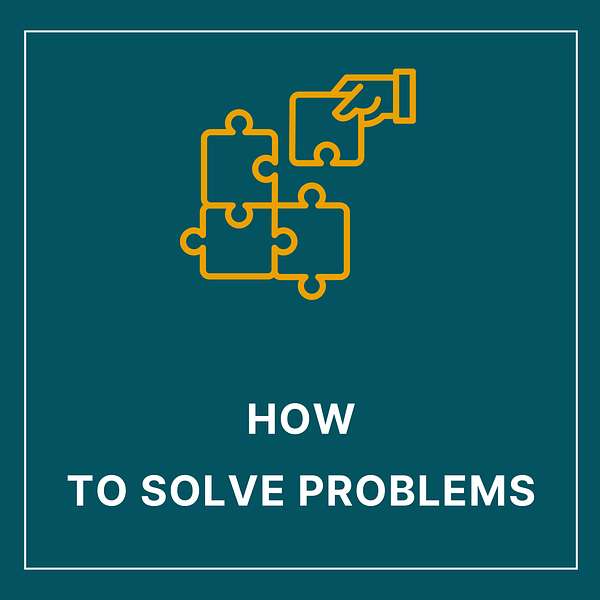
Motherhood & The Brain
Are you tired of feeling like you’re always at your wit's end, especially when it comes to yelling at your kids?
You’re not alone.
Motherhood can be overwhelming, especially when your preteen seems to push every button and you just can’t seem to get through to them without losing your temper.
This podcast is for moms who are juggling work, family, and everything in between, and are ready to stop yelling and start connecting with their kids in a more peaceful way.
We’ll take you on a journey through the ups and downs of raising a preteen, offering brain-based strategies and practical tips on how to handle everything from discipline to managing your own emotions.
We’ll dive into topics like how to better understand your child’s behavior, how to stop yelling and start listening, and how to build a stronger, more trusting relationship with your preteen.
You’ll learn about positive parenting, emotional control, and simple, science-backed methods for managing mom anger and helping your preteen thrive.
If you’re looking for real, actionable advice on how to deal with the challenges of raising a preteen, this is the place for you.
Let’s make this motherhood journey a little smoother, together.
Contact:
esther@masteryourownwellbeing.com
Motherhood & The Brain
How To Solve Problems
On today’s episode of the Motherhood and The Brain podcast, Esther Mbabazi introduces a tool called the CTFAR model.
This model comprises five letters: C for Circumstance, T for Thought, F for Feeling, A for Action, and R for Result. The tool serves as a framework to understand how one's thinking influences outcomes and the mind's role in shaping experiences.
Episode Highlights:
03:12: Esther introduces an example scenario involving a 12-year-old refusing to go to school. The mother's thought is that she is failing her daughter, leading to feelings of guilt.
04:10: Esther details the mother's actions in response to her guilt. These actions include taking away electronics, pressuring the child, emotional struggles, and coping mechanisms like overthinking and consuming wine.
05:46: The analysis delves into how internal mental activities, such as internal complaints, play a role in shaping the broader impact on the individual's life and strengthen their beliefs of falling short as a parent.
07:11: Esther clarifies the purpose of the CTFAR model, emphasizing that it is a tool to understand thinking patterns and not to directly change feelings. She discourages attempts to alter feelings using the tool.
08:40: The emphasis is placed on the significance of differentiating between thoughts and facts, with an encouragement for individuals to scrutinize what they believe. The continuous nature of thoughts is underscored, emphasizing the importance of cultivating self-awareness.
10:01: Esther discusses the persistence of certain thoughts in the mind and outlines the approach to handle such fixations. She advises getting a piece of paper and writing down the circumstance, thoughts, and feelings associated with the fixation.
11:15: Esther advises asking the brain, "What if everything is OK as it is?" and notes that the brain will come up with answers. She instructs writing down the positive responses.
13:08: Esther advises asking why a specific sentence, such as "I am failing my daughter," is fixated upon and encourages exploration of beliefs about failing as a mother.
15:53: The point is made that parenting is influenced by social and cultural norms, yet there are no definitive textbooks or classes to define successful parenting. The focus is on the collective experience of navigating motherhood and the acknowledgment of the inevitability of making mistakes along the way.
17:02: Esther discusses the negative impact of believing you are a failing mother. Feeling guilty leads the brain to find evidence supporting this belief, adding to the stress of situations like a child refusing to go to school.
18:00: The importance is stressed on tending to one's thought process when confronted with uncontrollable circumstances. The suggested tool aids in comprehending and refining thinking before engaging with external situations.
20:05: Esther notes the lack of control over what is happening but emphasizes control over one's response. The current situation of a child refusing to go to school is not a reflection of the mother as a person.
22:43: Esther encourages daily reflection by writing down thoughts on a piece of paper or in a box. She instructs to pick one sentence and answer it, emphasizing that a thought does not have to be a question.
22:43: Daily reflection is promoted through the practice of jotting down thoughts on paper or in a designa
Do you lie in bed awake at night, secretly worry that the yelling and criticism are hurting your kids; and want a safe place to change that without shame?
Join our SKOOL COMMUNITY
Podcasts we love
Check out these other fine podcasts recommended by us, not an algorithm.
